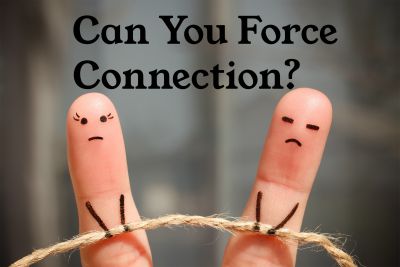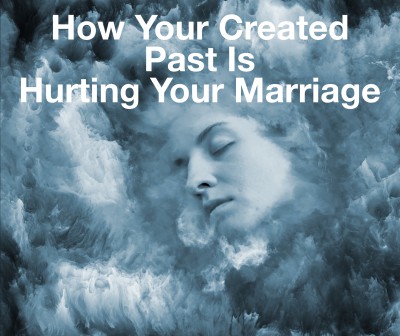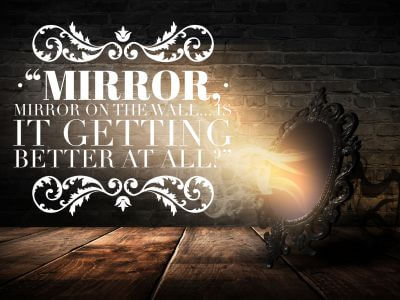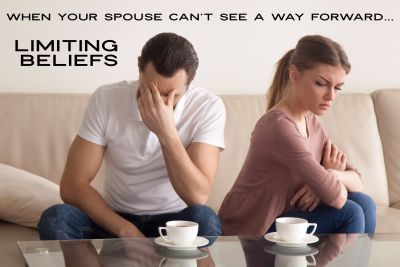Is Marriage Obsolete?
https://savethemarriage.com/stmblog/wp-content/themes/corpus/images/empty/thumbnail.jpg 150 150 Lee H. Baucom, Ph.D. Lee H. Baucom, Ph.D. https://secure.gravatar.com/avatar/669b7e375d93f77521ddaba08adb8063?s=96&d=blank&r=pgHas your spouse told you that marriage is an obsolete idea? Or that your marriage is “complete”? Or that you need to “consciously uncouple”?
Those are “exit ideas” people like to use to rationalize leaving a marriage. It allows people to take the “off ramp” from marriage without guilt.
But should it? Do those ideas hold water? I answer it in this video:




